Let’s break it down.
“THE PEARL OF AFRICA–Uganda is gifted with beautiful attractions, nature, people, and more,” begins a July 21, 2020 tweet. The words are accompanied by images of a chimp and dancers, and ends with “#VisitUganda.”
Situated on the equator, Uganda has the perfect climate and is full of endless attractions, including the world’s last mountain gorillas. Additionally, it’s the source of the Nile—the world’s longest river—and is one of only two global destinations where tree-climbing lions are found. Yeah, the relatively small country packs a mean tourism punch.
In a bid to attract more travelers to the diverse country that borders Kenya–which many argue has more serious marketing investment–the Uganda Tourism Board (UTB), a government agency mandated with promoting Uganda, created the #VisitUganda campaign. Since 2008, the hashtag has been used on different UTB accounts in various markets, including the U.K. On any given day, posts featuring silverback gorillas and other imagery including the hashtag #VisitUganda are posted by the country’s social media users and Ugandans in the diaspora.
However, the campaign became a PR disaster in late January when scores of Ugandans co-opted it, angered that the UTB in partnership with MTV Africa and MTV Base was hosting and promoting the 2021 MTV Africa Music Awards (MAMAs), scheduled to be held in the country’s capital Kampala on February 20. They were upset that, as opposition candidate Bobi Wine and his party were under siege after an election marred by violence and which Wine claims was rigged by President Yoweri Museveni, the UTB, seen as the regime’s mouthpiece, was continuing to gloss over the country’s human rights abuses. Many highlighted the hypocrisy of holding such an event in Uganda; Wine, who’s also an actor and singer, is banned from performing in his own nation. Instead of the normal social media posts highlighting that Uganda was on the NYT list of 52 countries for 2020 and to “#VisitUganda,” ironic posts were suddenly urging travelers to “#VisitUganda” to “see the murderous dictatorship of M7.” They were followed by photos of citizens lying near pools of blood and police toting AK-47s while dragging others on the ground.
Recommended Fodor’s Video
MTV Base Africa announced in a February 4 tweet that the awards would be postponed, with UTB chief executive Lilly Ajarova saying that this was over issues with the internet—which was cut in the lead-up to the polls and remained down for some time after—and the COVID-19 pandemic, according to a report in the country’s Daily Monitor newspaper. Activists who had urged for them to be called off celebrated what they viewed as a major advocacy win.
But the repurposing of the hashtag by Uganda’s citizens still continues two months after the scrapped concert and even longer since the election. “Rest in peace, Frank Ssentenza Kalibala,” tweeted @leilablac88 on March 28. “Murdered in cold blood by people meant to protect you!!!” she continued, before tagging the country’s police and army spokesperson in her post and adding sarcastically “#VisitUganda.”
According to @leilablac88, who withheld her real name for safety reasons—indicating that the Musveni regime “will kill me” if they knew her identity–Kalibala was a Wine bodyguard killed during the election campaign by a military police truck.
“We don’t want international tourists to come to Uganda, we want to create awareness of how Uganda is unsafe,” said @leilablac88. “Everyday citizens die [by] gunshots by police.”
After the negative publicity over the awards, on April 2, there was more disbelief when Senegalese American singer Akon jetted into the country, welcomed by UTB, to discuss investment opportunities with Museveni, now in power for 35 years. The longtime ruler said that he’d told the artist that Uganda “is the best tourism destination, known for its fantastic weather, considering that we are right on the Equator but with a high altitude”. He added: “This is unique! There are only about two other places gifted that much.” Five days later, YouTube vlogger Khalid Al Ameri arrived, announced by the tourism board online.
Arinaitwe Rugyendo is a Ugandan journalist who regularly retweets the “#VisitUganda” hashtags showcasing the country’s tourism appeal. Despite the stunning visuals, he says the tourism agency now has its work cut out for them. “I see a lot of pressure from activists whose messages have been drowning out their promotion,” he says. “But I also see a number of pro-tourism messages taking center stage.” However, with tourism exchange earnings from travel making up $1.6 billion and employing 667,600 people in 2018, Rugyendo says after the COVID-pandemic, “any chance at resuscitation of our tourism sector is welcome.”
This is not the first time that dictators and tourism ministers have “tried to use mega-events to launder their images,” pointed out U.S. human rights activist Jeffrey Smith, the founding director of a non-profit centered around campaigns, communications, and public advocacy (and who works with Wine), on Twitter. He gave the example of a 2014 scrapped performance by Grammy-award-winning American singer Erykah Badu for Gambian dictator Yahya Jammeh. Smith had encouraged social media users on January 29 to take over the #VisitUganda hashtag before the MTV event in Kampala was canceled.
Although some are keen to stress that the timing of the event was a natural PR nightmare for UTB, their marketing attempts and their curious promotions have previously raised eyebrows. In 2014, about seven months after Uganda signed a draconian anti-gay law, they attempted to market the nation to gay travelers (coming into effect in February that year, it was struck down by a court on a technicality in August, although homosexuality is still illegal under a colonial-era law). That same year, UTB floated the idea of an Idi Amin Tourism Trail (which is now in talks to instead become a museum) and promoted a circumcision festival. Museveni also claimed in 2014 that his country was a “better destination” than Spain, but the “tourism suppression board” wasn’t marketing it properly.
Some dismay is unsurprising, says James Willcox, the founder of U.K.-based adventure travel company Untamed Borders, who organizes trips to places off the beaten track. He points to a similar backlash with Tibet, Saudi Arabia, and Rwanda.
“When there is an effort by the government to attract mainstream tourism, while at the same time having poor human rights records, that’s when there is often greater pushback,” says Willcox.
“In Iran, for example, they don’t do major tourism promotion. There is plenty of pushback in the media of the global north about the regime but this generally is in a wider geo-political sphere than in a travel sphere.”
But while the anger seems to have dissipated quickly in the past, activist Safina Nakayiza, who tweeted “#DontVisitUganda visit Kenya!” in December while police were shooting people, says that this time it won’t.
“This isn’t just about the MTV Mama Awards,” she says adding that hundreds of opposition supporters are still missing. In February, Wine said that 3,000 supporters had been arrested or kidnapped since November. At least 50 people have died in the bloodshed, according to reports, although figures are likely to be higher. Deputy President of the opposition National Unity Party (NUP) Dr. Lina Zedriga said that over 600 people were still in custody. The #visitUganda campaign was “part of efforts to whitewash the crimes of this government”, she said. Last month (April) the US imposed visa restrictions on government officials who they said were “responsible for, or complicit in, undermining the democratic process” during the election campaign and the poll.
“We’re not about to let up on the regime and all its institutions including UTB because at some point enough is enough,” says Nakayiza. “We need the world to know that Uganda isn’t safe, that there are gross human rights violations going on, and we’ll use every avenue to create awareness.” Under the hashtag #BoycottMuseveni, she and others are urging people to avoid businesses–including hotels, malls, and Uganda Airlines, which soon plans to begin flying between the country and the U.K. plus Dubai–linked to the regime.
But while Nakayiza and others aren’t happy with UTB promoting Uganda or international visitors traveling there, some, like Amos Wekesa, the founder and CEO of Great Lakes Safaris, stress that travel creates better opportunities for Ugandans living in rural areas.
Wekesa wants even “more effort and resources” put into promoting the country. Tourism, among other things, creates a “fast trickledown effect” for those in wildlife areas, he says. Born into a poor family, Wekesa was one of the first Ugandans to buy a concession for the construction of a national park lodge in an area where only foreigners had previously owned land. He argues that travel is “separate from politics.”
“If tourism came to a total halt, the remaining forests and primates and any other living species will vanish much faster,” adds Stefanie Pollender, the director of Kikonko Lodge, which lies on the country’s stunning Lake Albert. A drop in the number of travelers over COVID-19 has been linked to several poaching cases in the country. During the pandemic, the Uganda Wildlife Authority (UWA) has offered discounted gorilla and chimp trekking permits.

Marinka Sanc-George, the director of Let’s Go Travel agency in Kampala, highlights that the nation’s tourism industry employs overlooked demographic groups—women and youth.
“Apart from visiting the attractions, [tourists] stay in lodges that employ people, eat food which means that farmers get paid for selling crops, drivers and guides are needed, and arts and crafts are sold,” she says.
All three emphasize that travel to Uganda is safe for international visitors. The current U.S. government travel advisory recommends that travelers, “Reconsider travel to Uganda due to COVID-19 [and] [e]xercise increased caution in Uganda due to crime.”
Jessica Nabongo, a Ugandan-American travel influencer and blogger, is the first Black woman to travel to every country in the world. “I was actually supposed to go at the end of January beginning of February and I canceled my trip because the program was government-funded so that’s sort of where I draw the line,” said Nabongo. “I’m not going to go on a government-sponsored trip because obviously everything that happened in January is…lunacy and tragedy. It’s just so tragic.” While she canceled the government-sponsored trip to Uganda (where her family is from), she stresses that the tourism board is just doing their job. Nabongo doesn’t see a problem with traveling to dictatorships like Uganda.
“It feels like we reserve [certain] language for the global south or non-western countries,” she says. “I am Black in America. I have had a police officer put a gun in my face point-blank range, so is anyone saying ‘Oh my gosh we can’t travel there?’”
Nabongo cites a trip to Venezuela, subject to sanctions by the U.S. and others, where a tip to an airport worker was the equivalent of five months’ wage, saying that the only way of funding bad governments through travel is via a visa.
Dr. Vincent Magombe, a Ugandan journalist, research consultant, university lecturer, and target of the Museveni regime now living in the U.K. who publicly called for the MTV awards to be scrapped, however, warns that UTB has become a “personal tool” of Museveni’s for his family’s upkeep and “the maintenance of the brutal military machine.”
Magombe added that “globetrotting tourists and tourism industry players cannot pretend not to know about this.”
But can travel, in a way, create accountability?
“If you have large numbers of people visiting a country taking photos and documenting and publicizing their experiences on social media, then any regime which wants to at least have the veneer of ruling a fair and free country may find themselves curbing some of their excesses,” says Untamed Borders founder James Willcox.
Sunday, a Ugandan IT professional in Kampala who did not want to give his surname out of fear, highlighted that most Ugandans are too poor to travel around their own country let alone abroad (UTB launched a pandemic domestic tourism recovery campaign in September). But, he says he wants tourists to visit Uganda to see what’s happening.
“Maybe when [they] are here, they may know more about the government’s hidden dirty deeds like abductions of [the] opposition, torture, and killings,” says Sunday.
In a statement, Lilly Ajarova, chief executive officer of UTB, said, “The UTB launched the #VisitUganda hashtag campaign in 2008 to showcase the many diverse tourism attractions Uganda has to offer—from trekking to see the mountain gorillas, to seeking out tree-climbing lions, scaling the snow-capped Rwenzori Mountains, and whitewater rafting the Nile—and encourage visitors to come explore for themselves.”
She added that tourism comprised 7.7% of Uganda’s GDP, and nearly 10% of Ugandans derived income from tourism, both domestic and international. “This includes hoteliers and staff, ground operators, nonprofit community and conservation organizations, national park guides and rangers, and local gorilla trekking assistants,” says Ajarova. “They have all been negatively impacted by the long halt in tourism due to the COVID-19 pandemic.”
She said that the agency had been working with a North American consulting firm and their goal was to “inspire consumers to plan their bucket list now and to choose Uganda as that bucket list destination.” UTB has market destination representatives in north Africa, Germany, Austria, Switzerland, U.K. and Ireland, Japan, Gulf States, and China, and they are in the process of obtaining representation in other countries to “position brand Uganda as the preferred destination in those key source markets.” UTB predicted an uptick in travelers by the end of 2021, with stronger arrivals next year. They did not respond to questions about a backlash to their marketing. A spokesperson for the tourism ministry and the Uganda Media Centre, which normally speaks on the government’s behalf, did not respond to requests for comment.
No matter what side of the debate that people are on—to visit or not to visit—it seems that at least a hashtag campaign is keeping people talking about Uganda.
Would happily visit uganda at the earliest opportunity. Uganda is a peaceful country only that the election cycle does create heightened tensions. The present govt has created peaceful conditions enjoyed by all including those who constantly criticise the govt.
This is the area where fuel is,so they could not peacefully shift the kingdom but instead they twisted everything to look like terrorism. The dictator will put on Media and News what he wants the world to hear but deep inside all is scam thus loss of lives people becoming refuges in their own country 😢#visitugandaONyourOWNrisk
https://youtu.be/9le88nUs928
If you think of visiting uganda and Hoping to watch water falls and pools 😒 it may not be what you think because you May end up in blood pools and blood falls as the dictator kills civilians every day with no reasons just because they demand for change, not only that go to areas where fuel was discovered it's hard to say but UPDF the national army barried people arrive to silence them about their land.
That one aside The dictator will kill and compasate to implant fear in people ,so he kills and come for rescue hahaha it's insane 😢
Surprisingly The IMF & WORLD BANK continues giving the dictator museveni funds to kill us ooh westage of america tax payers money.
Jaunalist are bitten and killed every day, so much loss of hope in life , who should we cry for for justice?
Uganda has been beautiful since the beginning of the earth and will always be but the lives of ugandans to protect her beauty is abused by the dictator museveni 😭
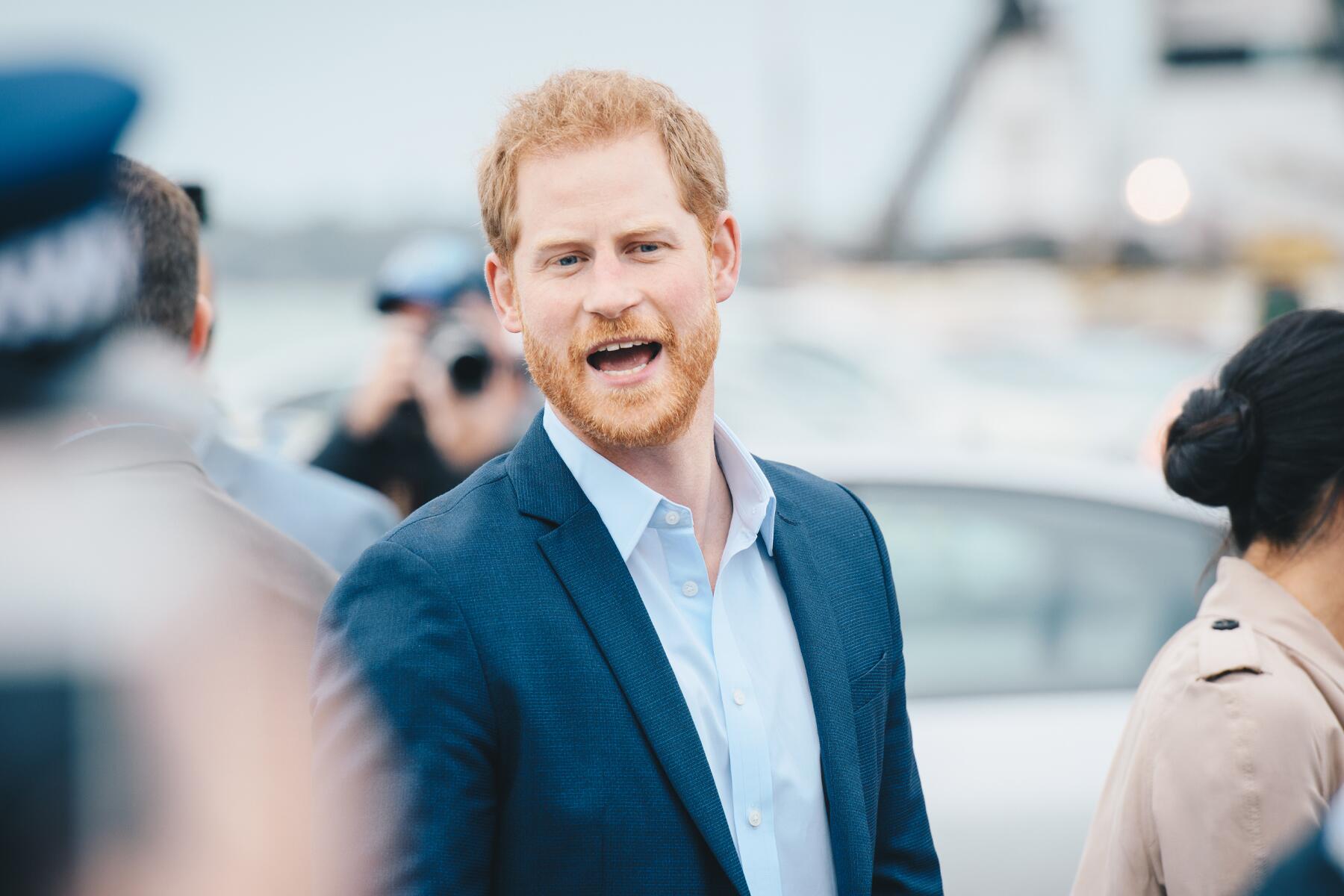
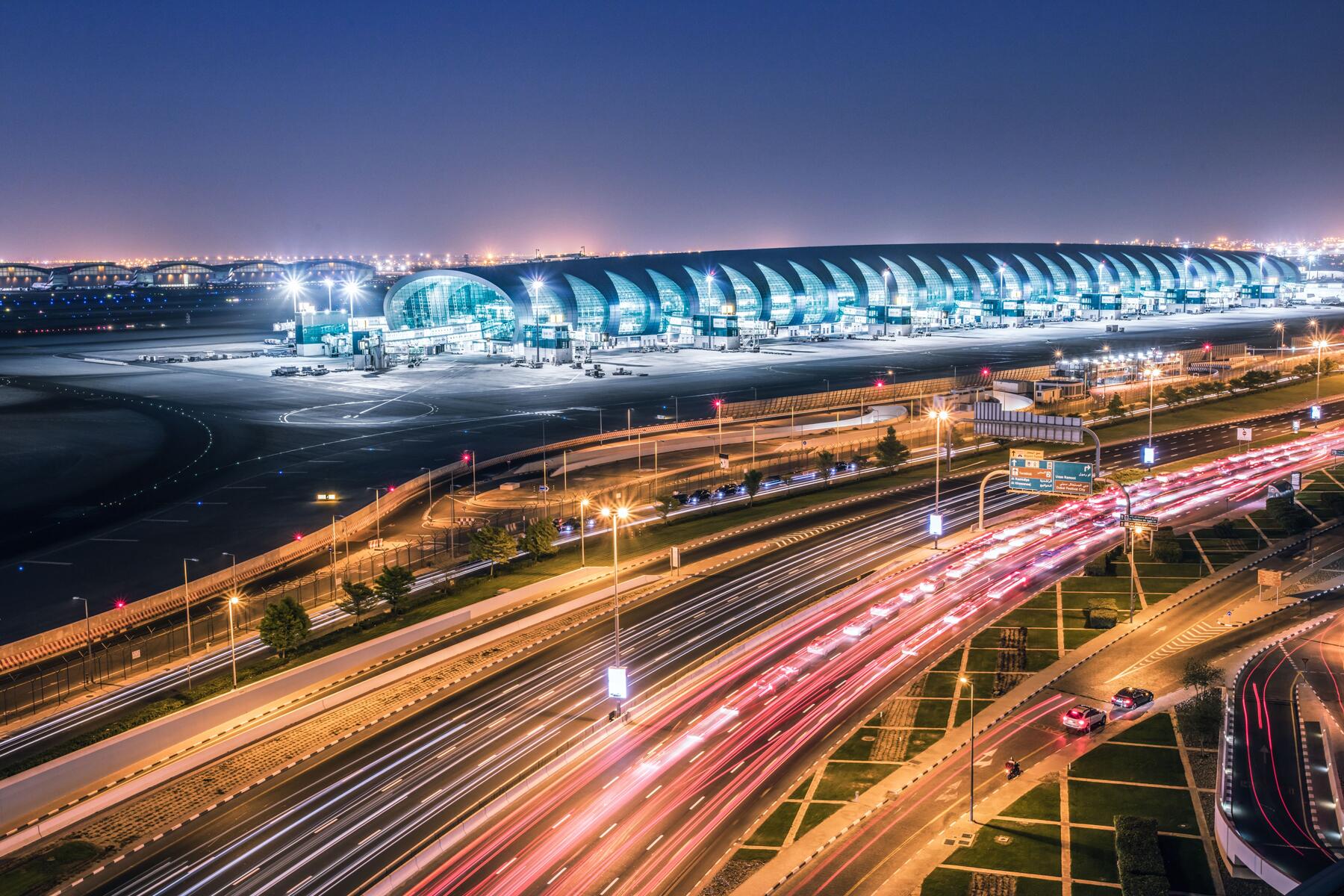
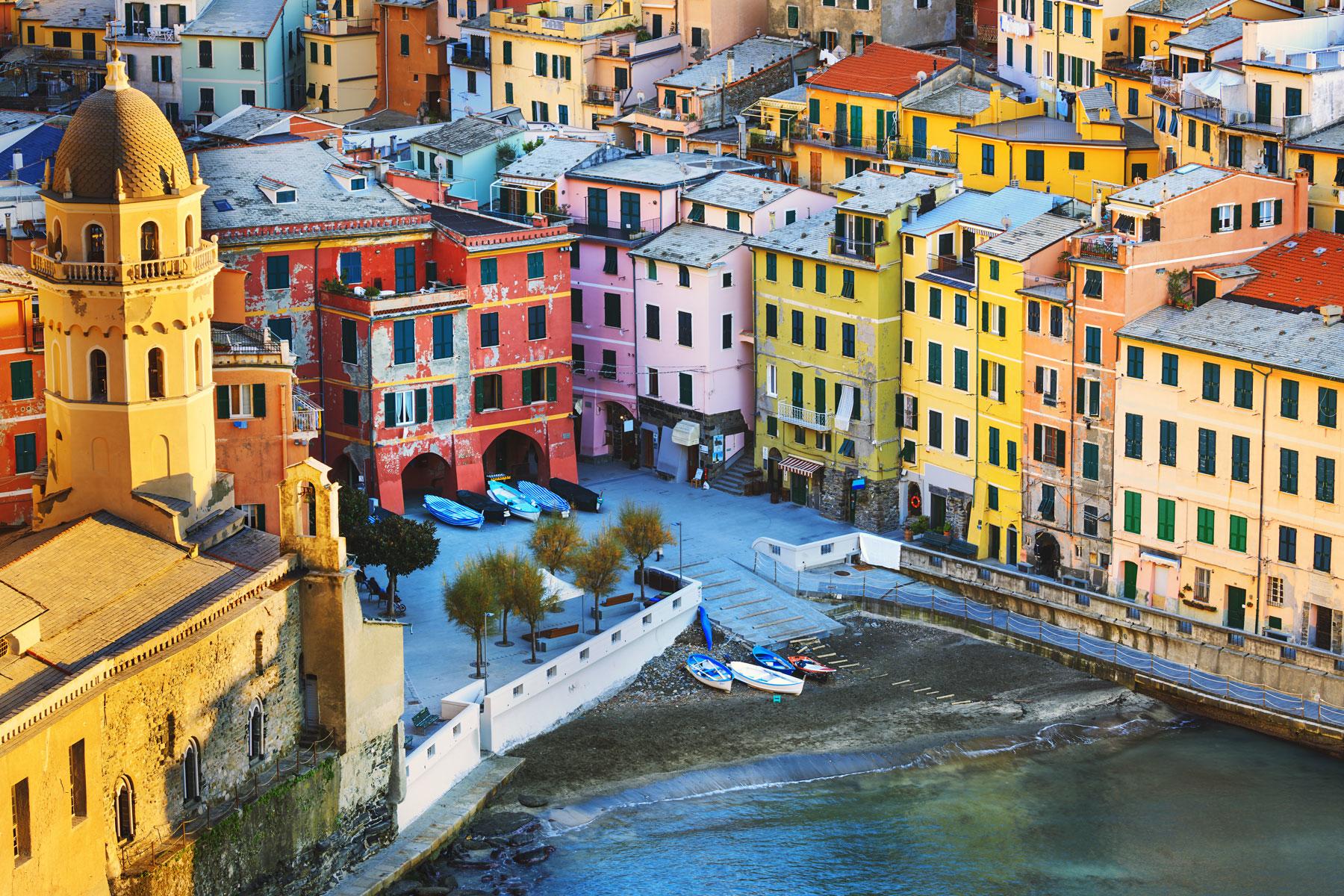


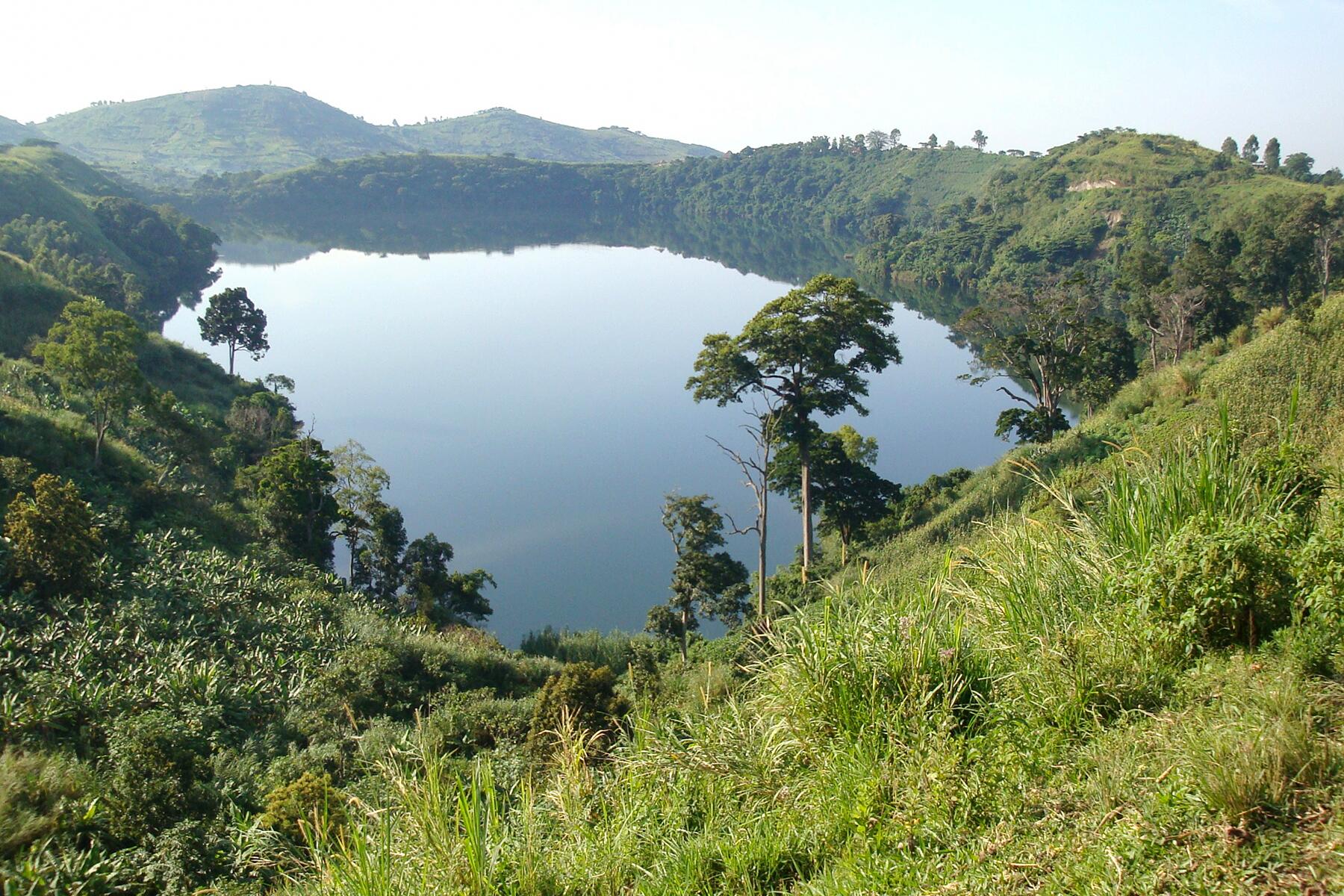
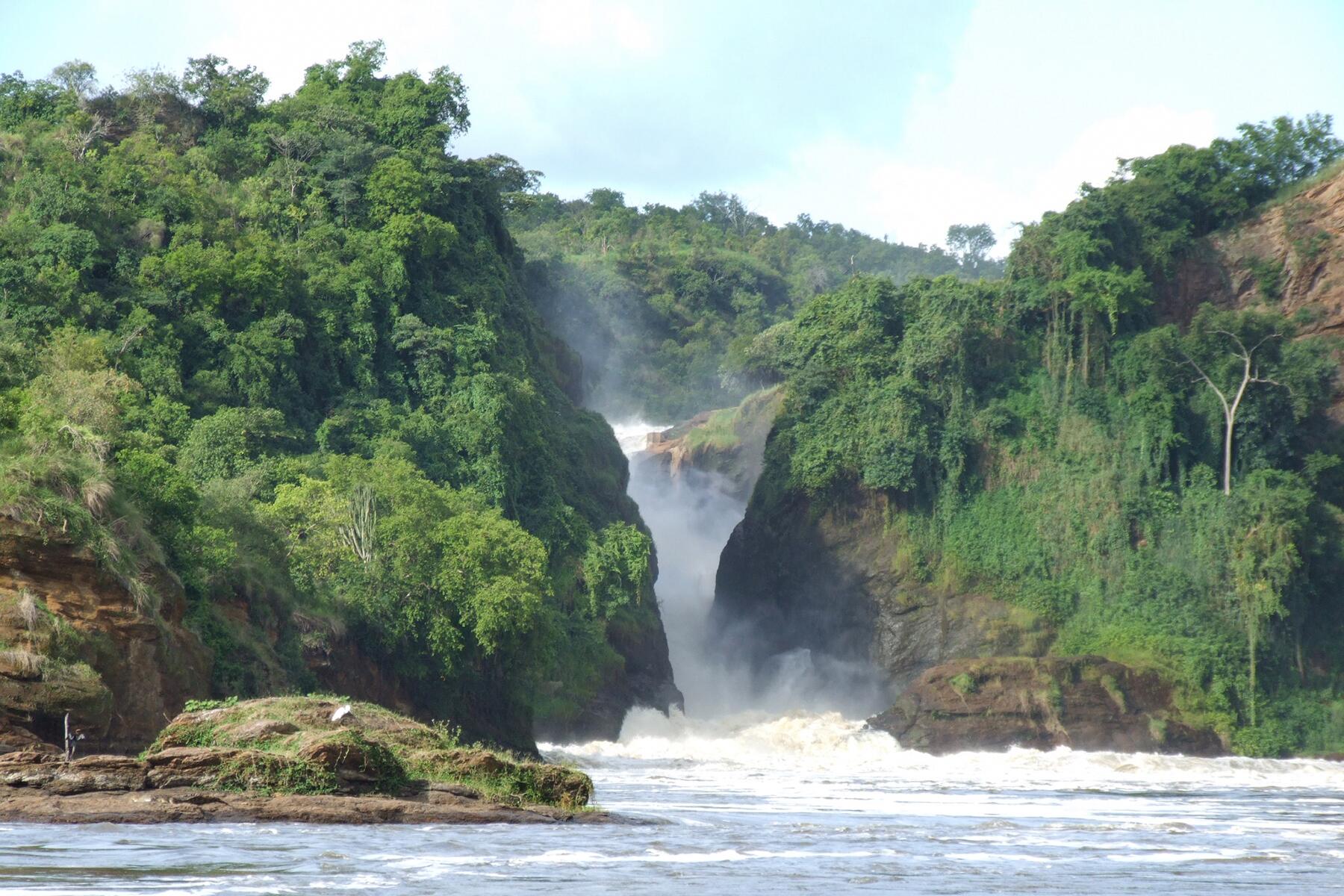
it is true Uganda has had riots violent protests and unfortunately some people got killed in these senseless activities.. during election and even some kidnappings of opposition supporters..
but this has nothing to do with tourism or discouraging it.. this is happening internationally from the USA to UK.. Nigeria Rwanda and everywhere..
tourists are safe all these other things are politically motivated and they should not directly impact tourism In our country. cause this affects even those who are not even politically involved or who have no side in these battles and are directly on ground in these tourist sites.
Opinion from a well travelled Ugandan.